March 2009 Net Worth Update: Market Rally Edition (+1.92%)
Welcome to the Million Dollar Journey March 2009 Net Worth Update – The Market Rally Edition.
Finally, some relief from the markets where buyers are starting to come back. Investors seem to have renewed faith in financials and other dividend paying blue chips. My feeling is that this is a temporary rally, but who knows what the markets will do in short term.
As a result of the mini rally though, my portfolios have been propped up a bit. My RRSP portfolio is showing a fairly significant gain because of a $5k contribution I made this month in additional to organic gains.
I’ve been more interested in learning about options lately, in particular, covered call option writing. Basically giving another investor the option of purchasing a stock that you own at a set price. In return, you get to collect the premium for offering the option. Anyone here have any experience writing covered call options? Do you have a specific strategy?
In terms of liabilities, I’ve added a tax liability for my recently sold rental property due for tax year 2009. As well, I’ve also noticed that with lower interest rates, more of my mortgage payment is going towards the principal. I say that we enjoy the low rates while we can!
Assets: $447,250.00 (+1.73%)
- Cash: $4,500 (+0.00%)
- Savings: $34,500 (-3.36%)
- Registered/Retirement Investment Account: $46,500 (+16.25%)
- Pension: $22,350 (+0.00%)
- Non-Registered Investment Account: $13,500.00 (+3.05%)
- Smith Manoeuvre Investment Account: $39,900 (+7.84%)
- Investment Property: $ 124,500 (+0.00%)
- Principal Residence: $275,000 (+0.00%) (purchase price)
- Vehicles: $11,000 (2 vehicles) (-8.33%)
Liabilities: $129,500.00 (+1.25%)
- Tax Liability: $3,000
- Investment Property Mortgage: $92,000 (-0.11%)
- Principal Residence Mortgage (readvanceable): $74,500 (-1.97%)
- HELOC balance: $52,000 (+0.19%)
Total Net Worth: ~$317,750.00 (+1.92%)
Started 2008 with Net Worth: $309,950.00
Year to Date Gain/Loss: +2.52%
It’s encouraging to see that my net worth is moving in the right direction again. 2009 may end up being a challenging year for double digit net worth growth, but we never know unless we try!
Some quick notes and explanations to net worth questions I get often:
The Cash
The $4,500 cash are held in chequing accounts to meet the minimum balance so that we pay no fees (accounting for regular bill payments). Yes, we do hold no fee accounts also, but I find value in having an account with a full service bank as the relationship with a banker can prove useful.
Savings
Our savings accounts are all held with PC Financial. We hold a fair bit of cash in case “something” comes up. The “something” can be anything that requires cash such as an investment opportunity that requires quick cash or maybe an emergency car/home repair. We also need cash to cover any future tax liabilities.
Real Estate
Our real estate holdings consist of a primary residence. The value of the principal residence remains valued at the purchase price despite significant appreciation in the real estate market that we’re in.
I've Completed My Million Dollar Journey. Let Me Guide You Through Yours!
Sign up below to get a copy of our free eBook: Can I Retire Yet?


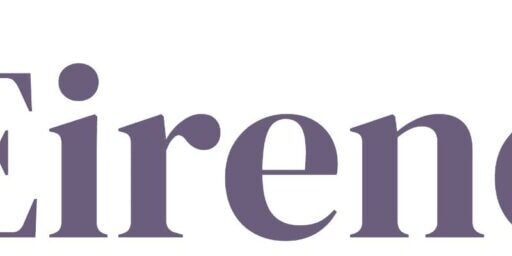
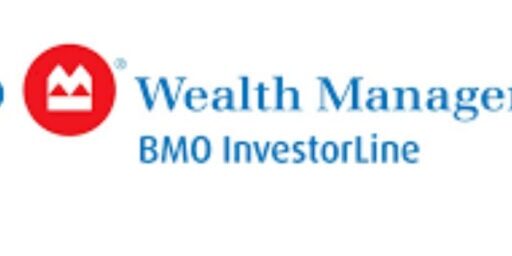
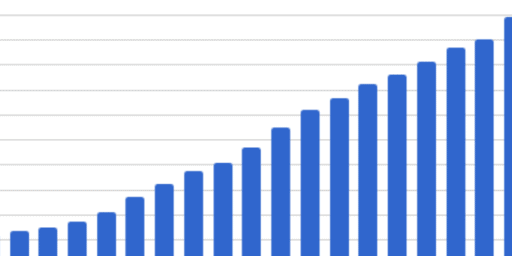
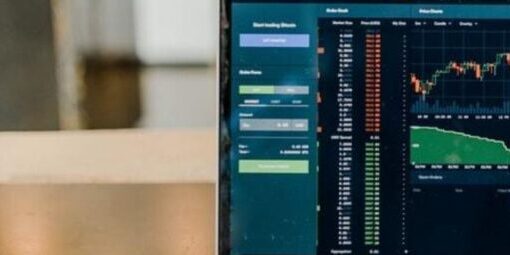
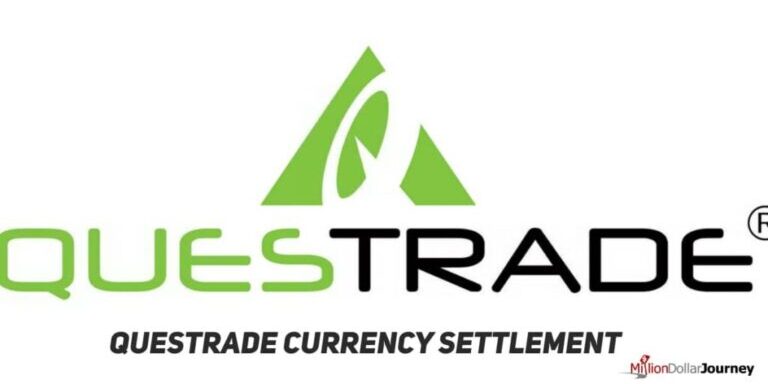



We are in the process of carving out an ABC pullback .The “C” part is “now” and should take the DOW back to 7700 possibly lower.The good news is we are in a primary degree wave 2 counter trend rally that will last for months taking the DOW to nearly 10,000. I dont normally do this but … buy century mining (CMM) they have a financing deal that is imminent (the stock is drastically undervalued to begin with) but will rocket higher with the news, they have a world class asset in the Lamaque mine with nearly 5milion ounces of low cost gold and the stock from a technical point of view is in a near perfect break out! Your welcome.
wow! thanks for sharing.
you know, i was one of those people who read your blog and then always close it saying- well, it’s nice to read, but hard to follow, as this guy is probably earning six digits income and has several hundreds thousands invested in stocks.
now i see that you are a “normal person” (sorry for this label), living in real world, with “normal” amount of money. great!
A few comments…
1. Don’t make your option strategy too complicated (unless you are a full time trader).
2. Use stocks that are paying dividends. (If stock went down and you can’t write calls, hopefully, you are still getting paid).
3. If you feel that stock will go down, don’t forget that you can write “deep –in-the money” calls instead of buying puts.
4. For the beginning avoid naked calls/puts.
Some useful links…
http://www.optionseducation.org/
http://www.optionsnerd.com/
http://www.theoptionsguide.com/
http://www.get122.com/
Way to go, TF!!. That’s a nice quarterly gain.
Also, nice explanation of “net worth”.
@Frequent Reader: For some, “a standard balance sheet might not tell us enough (or can be misleading)”; however, as long as you understand the reason for creation and use the consistent approach, then I don’t think it would matter in long run. Also, to whom is it misleading? If it makes sense to the person who created, then all good. Dealing with personal finance should be fun, motivating, and easy to understand. If not, I would’ve lost interest long time ago (I’m too dense and bored easily..lol ) Why make it complicated? The “financial freedom” means different things to different people. Only if you want to compare yourself to others, then perhaps you need specific classification of assets.
FT, I might need *some* of the money within 5 years time frame, but I am sure i can spare some of them for long term investment hence I am looking at alternative investment solution.
I found out that I can do ETF, Do you think this would be a good starting point?
I have no knowledge about how to do trading, all I know is pretty much only the definition of ETF. Do you have some pointer on where to begin? I’ve read some of your post on ETF and your recommendation on using Questrade, but do you have some resources that would be a good starting point to learn how to do this?
Thanks
FT
I understand better now. Your approach makes sense in that respect.
Frequent Reader, thanks for the feedback. I consider net worth as simply what it is defied to be: (assets – liabilities). I don’t use it as a indicator of my financial independence, but as a personal financial score card.
Personally, I count my “passive income” as my measure towards financial independence.
As well, home equity doesn’t have to be a “parking stall” for money. The equity can be used to invest and create income. Although it may not be for everyone (leveraged investing), I use the HELOC to create dividend income.
Kirk S.
The liabilities incurred by the cars and house most certainly must be counted as they demand money on a regular basis, and are debts that must eventually be paid.
Whether or not your equity in them is an asset on the other hand is a different story. Yes, if you follow Cdn GAAP and are running a business, for example, it is standard procedure to do so on a balance sheet.
But what I am saying is that for our personal journeys to financial freedom, a standard balance sheet doesn’t tell us enough (or can even be misleading.) I’m proposing that a more useful metric must be stringent in its classification of assets.
Covered call writing is a very good strategy for your portfolio. It allows you to realize income on the securities you already own and you should consider this as a way of reducing your initial capital outlay. I write (sell covered calls) options every month on my portfolio. With the volatility in the markets recently option premiums have actually increased. Here’s a basic example:
Lets say i own 1000 shares of BMO with a cost of $30 (cost $30000). BMO is currently trading at $33> i could sell 10 $34 calls (each call is for 100 shares) for total proceeds of approx $800 cash in my account. If you do this every month it can help you reduce your overall cost. Worst case the shares appreciate more than $34 and at that time the options would be exercised and i would be paid $34K.
So selling options, increase the returns of your portfolio & also reduce your overall cost of your investment. Downside is that you can miss a major move in a stock ie if there was a rally to say $37 on BMO, you would be capped at $34.
good sites: http://www.me.org
use a spreadsheet to calc option premium, ROI etc.
To FrequentReader,
For net worth calculations, if you are going to count the loan that you take for a car (or at least the negative in your cash/savings account) and a mortgage as a liability, then they should count as assets as well.
FT (I think) does a fair job of not overvaluing these (using depreciation on the value of the cars and I believe that his house is still listed as the purchase price…although depending on the housing market that may still be generous).